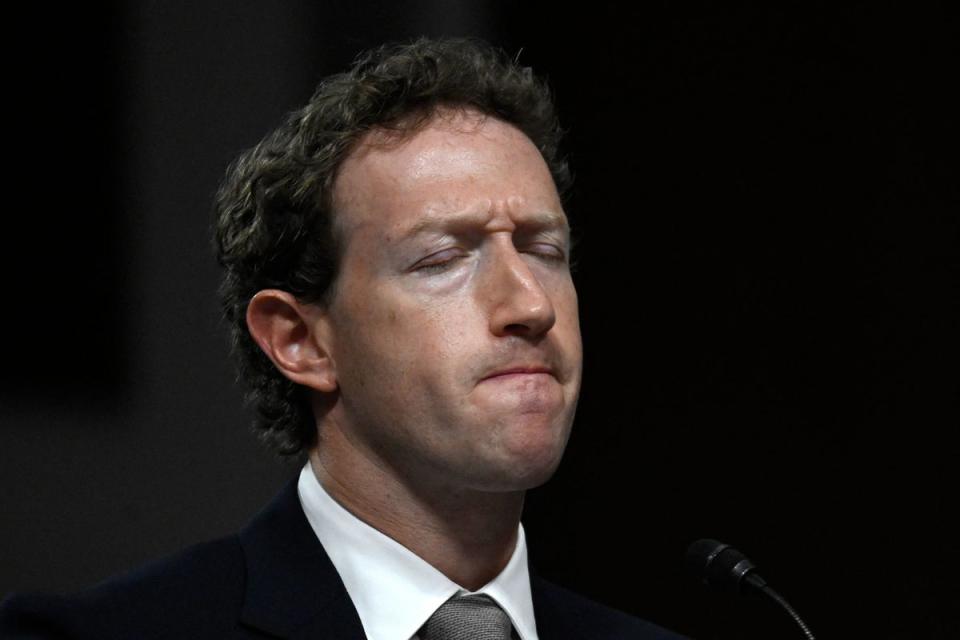Big Tech must get ready for big fines

Why are so many of the world’s biggest tech firms based in the US? Why has Europe never managed to create its own Amazon, Google or Meta?
Part of the explanation can be put down to an entrepreneurial spirit, less red tape, and deeper pools of capital on the other side of the Atlantic. But another part of it is down to differing attitudes to competition policy.
The US rules have been significantly more lax for decades. Much of that can be attributed to The Antitrust Paradox, a 1978 book by legal scholar Robert Bork.
Who cares whether a merger will affect the concentration of a particular market, argued Bork. What matters is whether the deal is good or bad for consumer welfare. Never mind the rest.
The argument has shaped US attitudes to competition ever since – it helps explain why Facebook was able to acquire Instagram in 2012 and WhatsApp in 2014 without too much trouble. But there is a growing sense that this approach has run its course.
As we report today, Big Tech firms like Apple and Meta are now facing billions of dollars in fines from EU regulators amid concerns over their business practices. The move is part of regulating what the EU calls ‘gatekeepers’. It describes gatekeepers as “large digital platforms providing core platform services” but it may as well have called them “firms we think have gotten way too big.”
The EU’s toolkit for measuring how well a tech firm behaves in a market is a lot more complex than whether any particular action makes life easier for consumers. Instead it weighs whether the rights and freedoms of consumers are being respected and whether smaller rivals are being unfairly pushed out.
If the EU presses ahead with these blockbuster fines it could be years before any firm is forced to pay them. But the era of tech giants’ acquisition sprees and side-stepping regulators with ‘bigger is better’ arguments feels well and truly over.

 Yahoo Finance
Yahoo Finance 